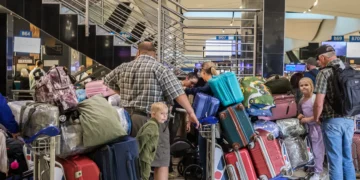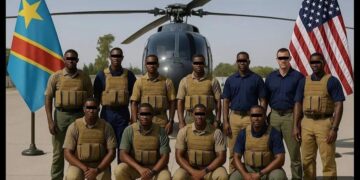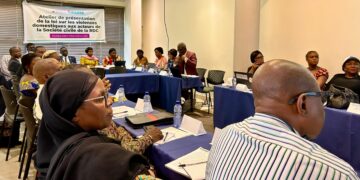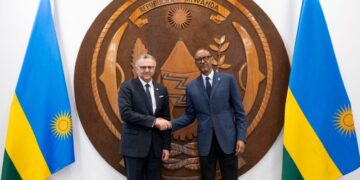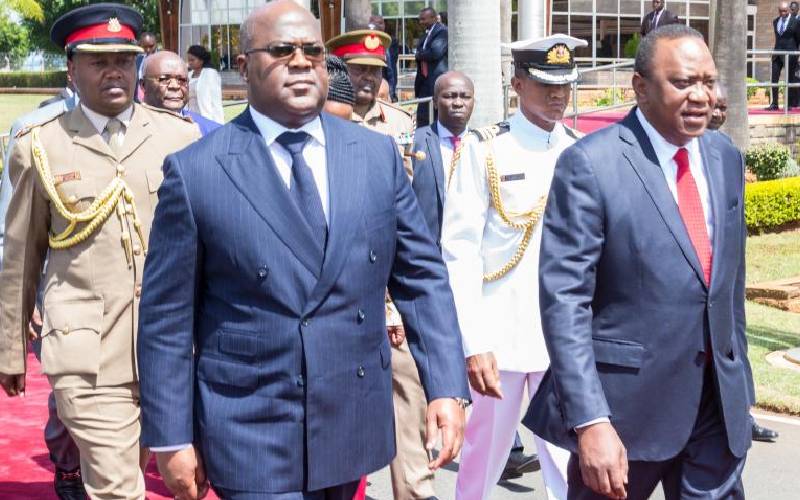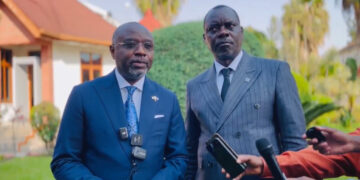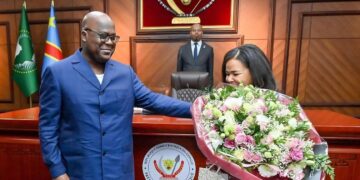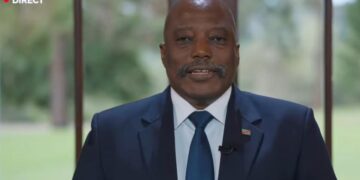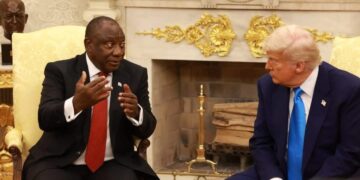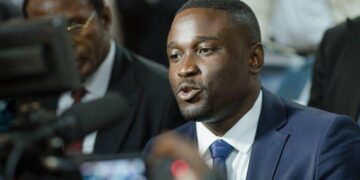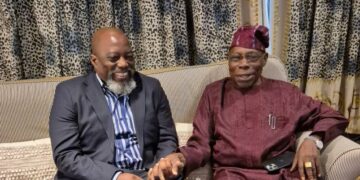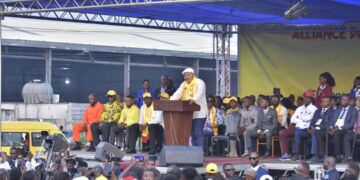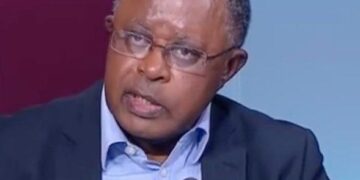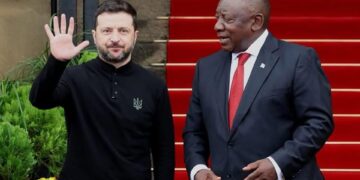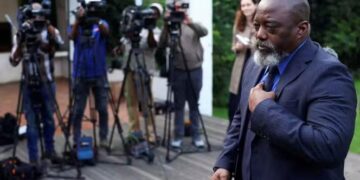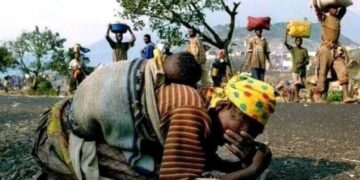Initially detained on April 12, 2025, at the Military Detection of Anti-Patriotic Activities (DEMIAP) headquarters, General Bulenda’s re-arrest on April 14 has intensified suspicions of deeper political undercurrents at play.
General Bulenda, a prominent military figure, has served under three Congolese presidents, rising through the ranks from Major General under the late Laurent-Désiré Kabila to Lieutenant General under Joseph Kabila, and now holding a strategic role under President Félix Tshisekedi. His leadership of the RAD, viewed as the “last stronghold against Rwandan aggression,” underscores his critical position in the nation’s security architecture. His success in thwarting enemy advances in key regions like Kalemie via Uvira and Kisangani via Bunyakiri-Walikale has not only cemented his military reputation but also positioned him as a significant political actor.
The arrest has been met with strong opposition from civil society groups, notably the “Congo Mon Pays” organization in North Kivu, which denounces the move as part of a “carefully orchestrated destabilization campaign.” In an open letter to President Tshisekedi, the group warns of potential political motivations behind the detention, suggesting an attempt to weaken a key military leader whose influence extends beyond the battlefield.
“General Padiri symbolizes hope for the Congolese people. His decisive role in countering M23 terrorist activities and coordinating the Wazalendo movements in North and South Kivu has earned him widespread respect. However, it has also attracted adversaries within political and military circles,” the letter states.
Allegations against General Bulenda include possessing an excessive number of weapons, some reportedly unregistered with the general staff. Yet, the absence of a formal search at his residence raises questions about procedural integrity, further fueling speculation that his arrest may be less about security breaches and more about internal power struggles.
This incident comes at a sensitive time for President Tshisekedi’s administration, grappling with both security challenges and factional tensions within the military. Observers suggest that Bulenda’s detention could signal a broader effort to consolidate power and neutralize influential figures who might pose political threats.
Calls for President Tshisekedi’s immediate intervention to clarify the circumstances surrounding General Bulenda’s arrest are growing louder. The outcome of this case may have far-reaching implications, potentially influencing the balance of power within the DRC’s military and political spheres.


